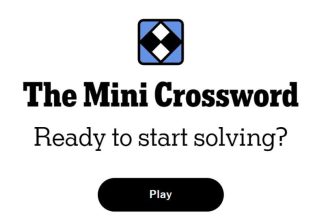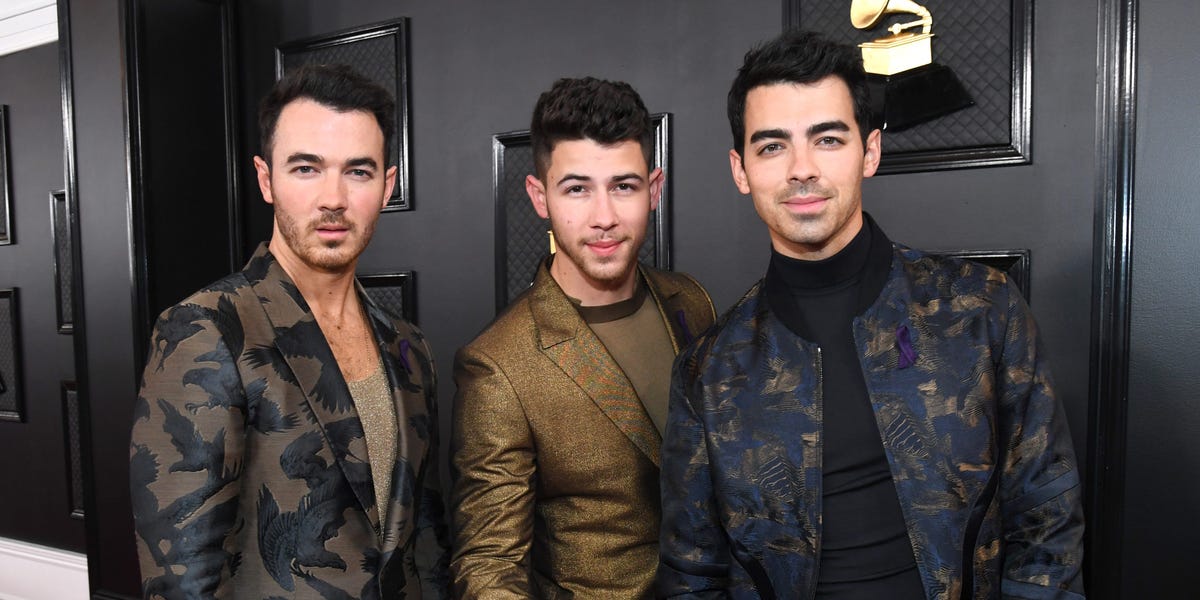“TikTok has now become a whole other part of our job that takes up such a significant amount of time,” performer Taylor Upsahl told Business Insider in June 2022.
At the time, if an artist wasn’t gung-ho about filming social videos, their manager or record label could turn to other marketing tactics. Some hired influencers to add songs to short-form videos, ran video contests to get everyday users to promote tracks, commissioned remixes and mashups from producers, or used other creative approaches to push albums.
That’s changing.
“I always remember early label conversations when we’d run TikTok campaigns,” Ramzi Najdawi, cofounder at the music-marketing firm ATG, told BI. “Labels would ask, ‘Do we need the artists to lean in to create content?’ And it was like, ‘No, the artist doesn’t have to do anything.’ I wouldn’t say it’s required nowadays, but it’s definitely a big component.”
In 2024, most artists now need to get directly involved in creating social content in some form, said 10 music marketers who spoke to BI about their strategies.
The reason?
As short-video apps have become saturated with videos, making it harder to get featured in feeds, influencer promotions centered on a few big creators or dozens of micro influencers are far less predictable than they were in 2020 — and often more expensive.
To make influencer campaigns work better, music marketers ask artists to post original content first, creating organic interest in a song that creators can then push forward with additional videos.
“You can’t just run a marketing campaign where you book a bunch of influencers to promote a song,” Ed Winters Ronaldson, founder of the music- and brand-marketing firm Strudel, told BI.
Instead, the company is working with artists and their teams to post videos and build up some initial traction on TikTok before bringing influencers into a campaign.
“If you can make your own song go viral, that’s priceless,” Najdawi said.
TikTok’s ongoing licensing dispute with Universal Music Group has increased the need for artists and marketers to get scrappy on social campaigns, with some UMG-represented artists posting live concert footage and more conversational videos in lieu of promoting official tracks.
Creative agencies are traveling with performers
To gather more social-friendly content, record labels enlist creative agencies to follow artists on tour and produce behind-the-scenes content for fans on social.
Cynthia Parkhurst, the founder of the creative agency Teammate, said they recently traveled with the Jonas Brothers on tour for that purpose.
“The idea is that we want to bring the fan into the room,” Parkhurst said, adding that her team often shoots on iPhones. “We want it to feel like as you’re scrolling, you see your friend or your person rather than this pre-produced big lighting setup type of deal.”
These behind-the-scenes clips, sometimes filmed at music-video shoots or late-night TV show appearances, often overperform, Parkhurst said.
“It’s kind of crazy to see an iPhone clip get nearly the same amount of views as a fully finished music video on YouTube,” she said.
Matine Kazemi, director of creative marketing and video-editing lead at the agency Prophet Media, said they separately went to the Jonas Brothers tour to shoot content for the group’s opening act, Lawrence.
“Influencer campaigns don’t really work in the way that people think they do,” Prophet Media’s founder Steph Rinzler told BI. “It’s so much more worthwhile to invest in the artist, actually, and build the world of their art visually around them.”
The days of passively promoting songs are fading
Outside of blanket influencer campaigns, other passive strategies, such as promoting a track in the background of general-interest videos like cooking content or slime close-ups, are increasingly unreliable unless a song is very catchy on its own, ATG’s cofounder Omid Noori said.
Many marketers are now seeking out an artist’s fans, rather than random influencers, to make videos for song campaigns.
Finding new ways to engage with super fans has become a major focus across the music industry, as megastars like Taylor Swift and up-and-coming artists alike have shown that driving excitement for an album release by tapping into a loyal fan base can build hype and drive ticket sales.
“When you find someone who is an Olivia Rodrigo fan and commission a piece of content from them, that is going to fly on TikTok versus if you get the professional creator who turns around 20 audio bookings a day,” Simon Friend, COO of the marketing agency Round, told BI.
Sean Kane, cofounder at the marketing agency Hundred Days Digital, similarly said turning to an artist’s fans to push a track offers a more targeted approach than trying to reach the broader social audience through a big influencer push.
“You have to figure out these niche pockets of audience to reach people because if you’re just kind of spraying toward a mass audience, it’s not going to land the same way as if you really understand where this artist’s core fans live,” Kane said.
Read the full article here





